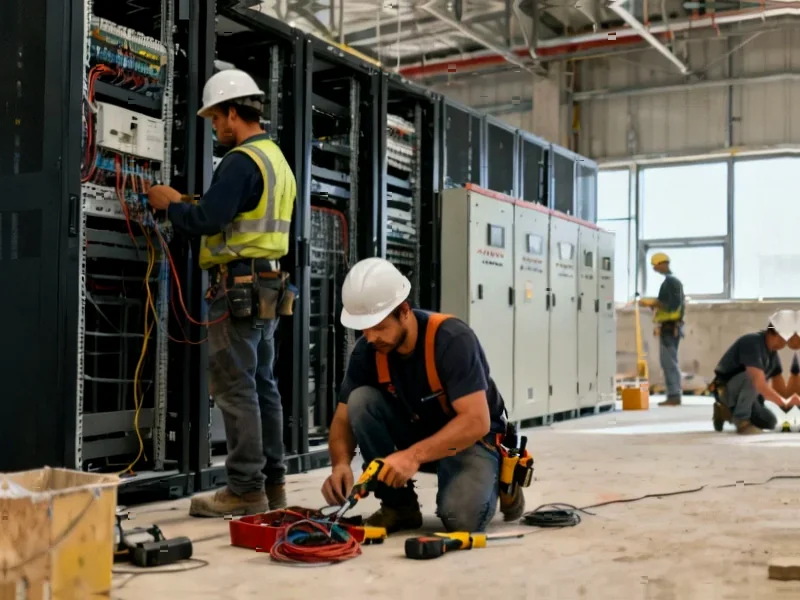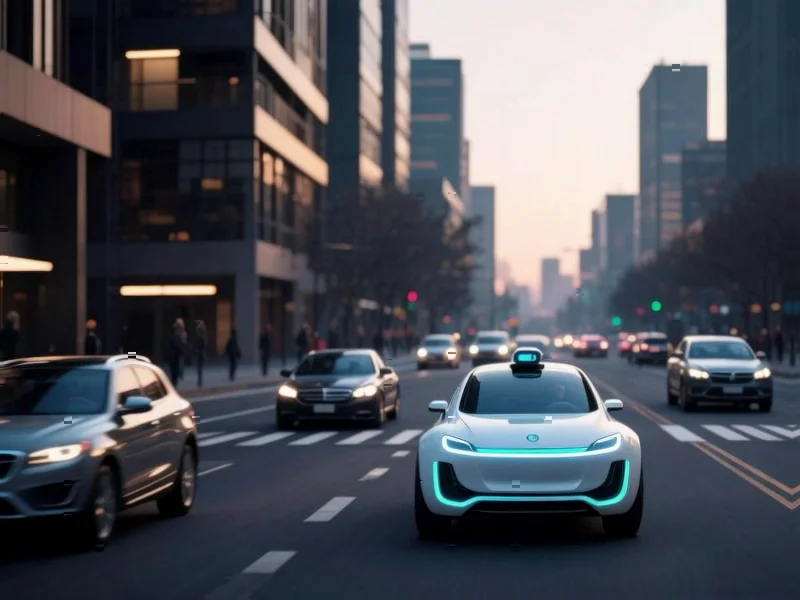According to CNBC, Chinese electric vehicles have completely taken over Brazil’s market, capturing more than 80% of all EV sales in early 2025. BYD and Great Wall Motor are leading the charge, with Brazil importing about 138,000 electric and hybrid vehicles from China in 2024 alone – nearly 100,000 more than the previous year. BYD’s Dolphin Mini starts at just 119,900 reais ($22,000), making it about $7,000 cheaper than General Motors’ cheapest comparable model. The companies are building massive local factories, with BYD operating a 4.6-million-square-meter complex on a former Ford site that could produce 300,000 cars annually. This explosive growth comes as Brazil began reimposing import tariffs in 2024 that will reach 35% by 2026.
The Real Story Behind China’s Brazilian Blitz
Here’s the thing: this isn’t just about selling cars. It’s about China creating entirely new markets because they’re largely locked out of the US and facing brutal competition at home. When Brazil dropped its 35% import tariff back in 2015, Chinese automakers saw an opening they could drive a truck through. And they did.
Basically, Chinese companies are playing a completely different game than traditional automakers. While GM and Ford were cautiously expanding, BYD went all-in, building one of Latin America’s largest EV plants on the corpse of a failed Ford facility. That’s some serious symbolism right there. They’re not just exporting – they’re establishing permanent beachheads.
How Cheap Is Too Cheap?
The affordability angle is undeniable. A $7,000 price difference isn’t just competitive – it’s market-defining. But I have to wonder: how sustainable is this pricing strategy? Are Chinese companies selling at or near cost to grab market share, betting they can make profits later?
And there’s another question: what happens when the tariffs fully kick in? Brazil’s government isn’t just watching this happen – they’re bringing back the 35% import duty by 2026 specifically to protect local jobs. Chinese companies are racing to establish local production before those tariffs make imported vehicles uncompetitive.
The Human Cost of Rapid Expansion
This breakneck growth isn’t without controversy. BYD already faced scrutiny over poor conditions for construction workers at its Bahia plant. The company says it maintains “zero tolerance” for labor violations and cut ties with the contractor, but these incidents raise red flags about whether the expansion is happening too fast.
Brazilian labor unions are sounding the alarm too. Wellington Damasceno from the ABC Metalworkers’ Union warned this could threaten Brazilian jobs and production. It’s creating a real tension between consumers who want affordable EVs and workers who want to protect their livelihoods.
China’s Global EV Strategy Is Working
What’s fascinating is how deliberate this all feels. As Ilaria Mazzocco from CSIS noted, Chinese EV makers are essentially creating markets from scratch in emerging economies. They’re not waiting for demand to develop – they’re manufacturing it through aggressive pricing and massive infrastructure investment.
Look at the charging network growth – EZVolt’s CEO says demand for charging is “very high” because Chinese vehicles are arriving in such large quantities. It’s a virtuous cycle: more cars create more charging demand, which enables even more car sales. Meanwhile, American and European automakers are largely sitting this one out, focused on their home markets.
The real question is whether this Brazilian success story can be replicated elsewhere. Chinese automakers are essentially using countries like Brazil as proving grounds for global domination. And right now, it’s working better than anyone expected.




